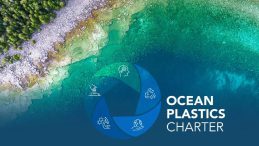1) Tell us a bit about yourself
My name is Paige Harris. I’m 29 years old and have been a teacher for 6 years. I have had a passion for helping and educating others since I was a little girl. I have a big passion for health and wellness and the planet as I always try to put people and the planet first, always. I love the outdoors, camping, hiking, biking and being outside in nature. I am big into working out and staying healthy through running, gym workouts and yoga. I also play a variety of sports including broomball, hockey, ball hockey and golf.
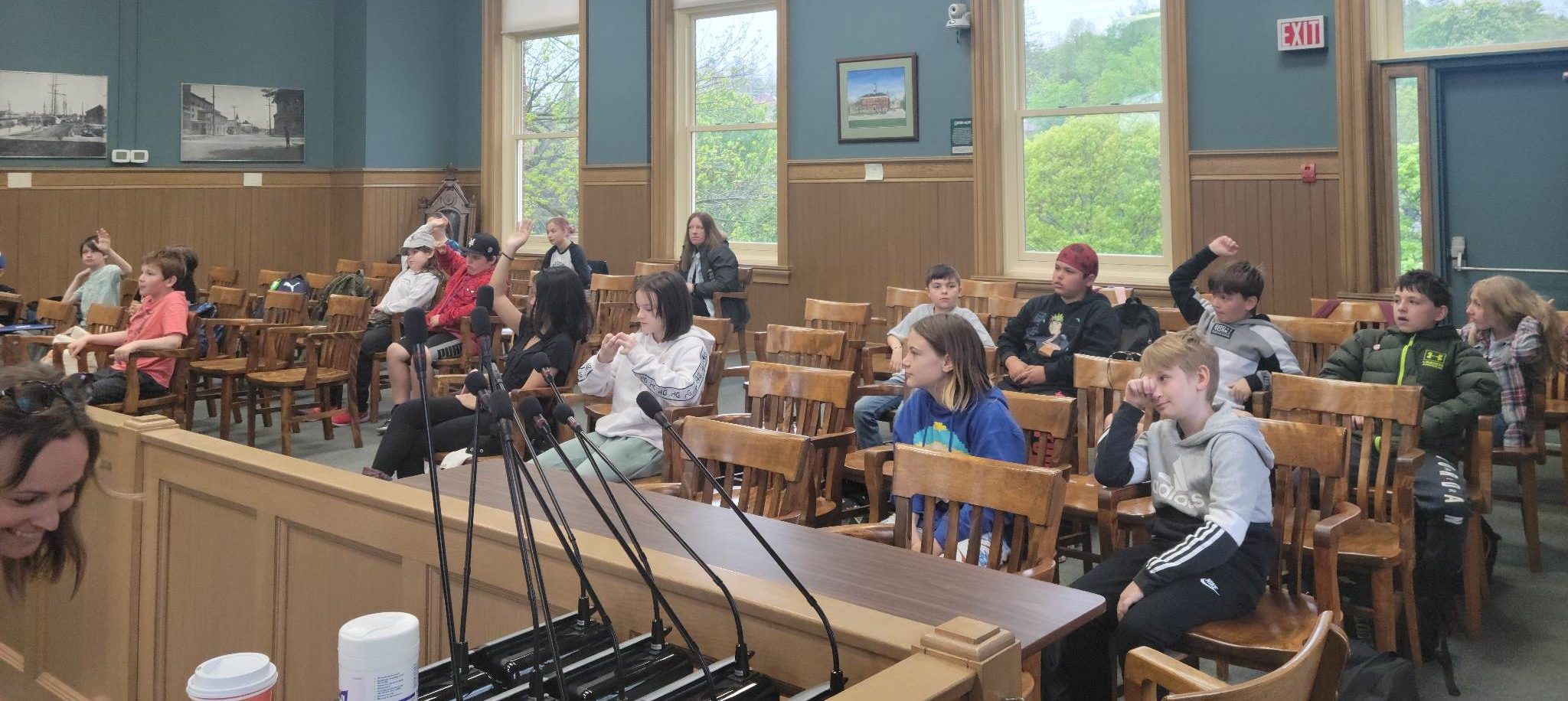
2) How did CEAP change your perspective on plastic elimination?
CEAP opened my mind and my students’ minds to what’s possible and what’s happening in the world around us. From how much plastic is in our own backyards and nature areas, to how much single-use plastic specifically is used in our daily lives. CEAP shares an incredible opportunity to share specifically with youth who will be leading what our future looks like as they are the future generation.
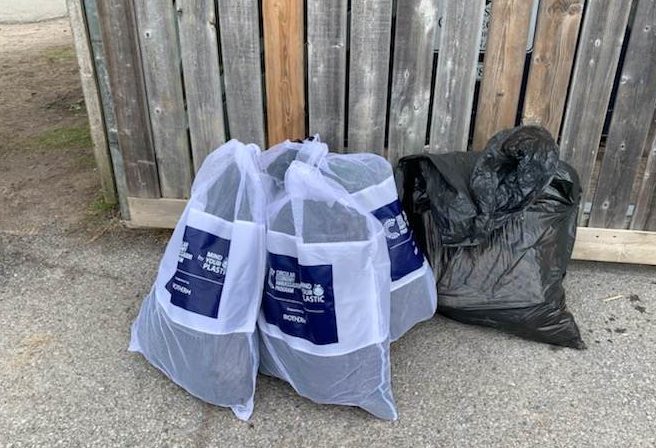

3) What role do you think education plays in a more sustainable future?
Education is so important as no one can ever take that away from you. To support a more sustainable future, educating in what impacts our planet, earth, breathing, health and overall lives can make a difference in the world. This is something that is not in the curriculum that kids need to learn and know about because it affects their lives today, tomorrow and the future.
- How does CEAP help with this?/Change the approach to plastic elimination? What, if any, change did you see in your students after participating in CEAP?
CEAP helps with this from being the start to a domino effect of learning, understanding, sharing and researching. Specifically, my students did the clean up in our local area of Port Hope Ontario, and they were shocked with what they found. Then they began to research and narrowed their research on single use plastic specifically as that’s what they found most of. Then my students took it one step further and they presented their findings to Port Hope’s council and put forth a delegation on banning and spreading awareness in our small town on single use plastic. One of the council members, Claire Holloway Wadhwani also had us visit the council and go on a class field trip to see council chambers and practice the presentation.
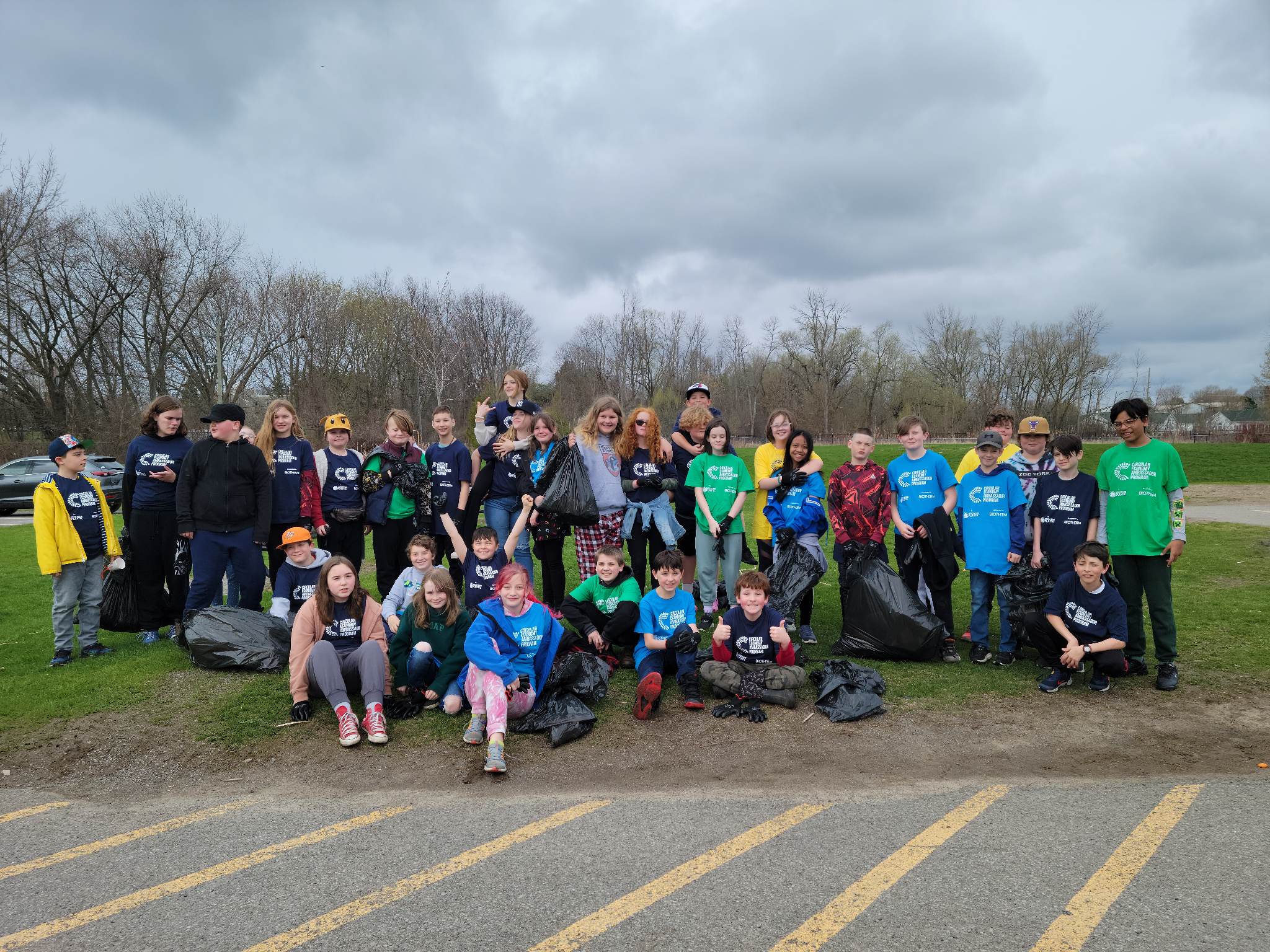

4) What, if any change did you see in your students after participating in CEAP
My students became engaged in an issue they had no idea existed, and they started to see the impact of plastics and waste and how harmful they are on our environment.
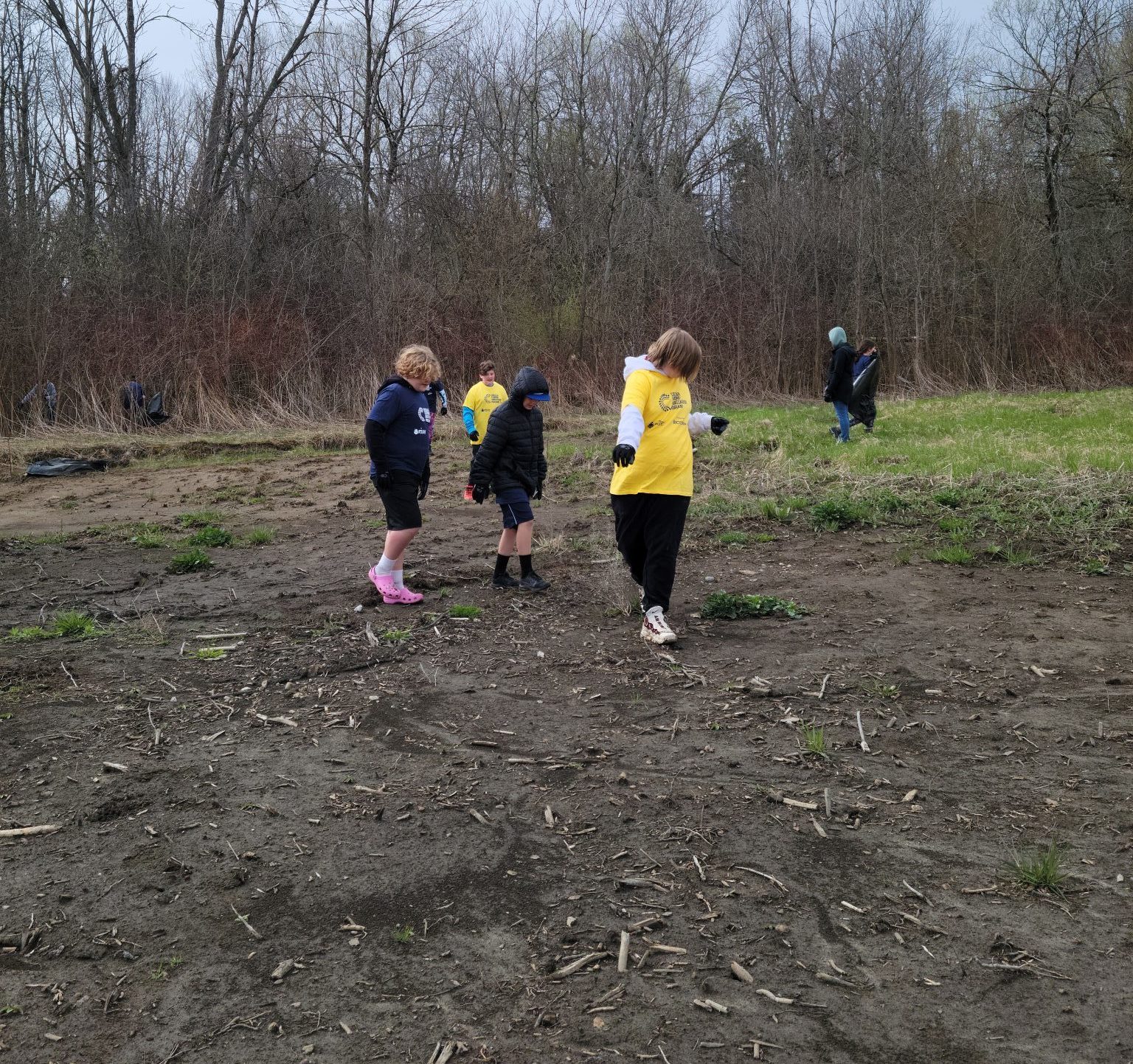

5) In your opinion, What is most impactful about the CEAP program?
The most impactful part about the CEAP program is the clean up as they all go out as a team in matching shorts and gloves, proud to help their community and clean up waste together. It builds community, relationships, social skills and a hard work ethic as they do something selfless for their community.
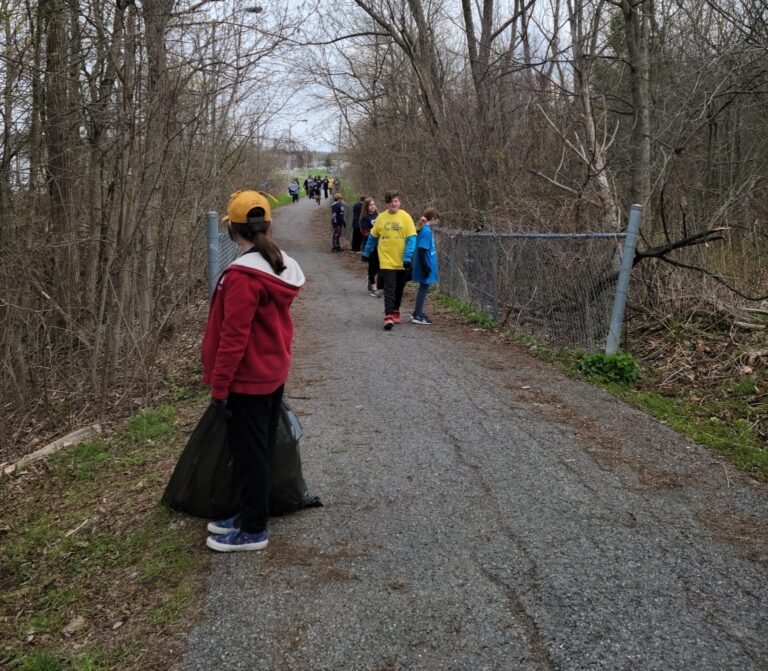

6) Do you think perspectives on plastic elimination/plastic elimination strategies need to change?
I 100% agree peoples perspectives on plastic elimination needs to change and it starts with education. Sharing what and how much plastic affects our environment, how much people use on a daily basis, and the scary part; how long it takes to decompose and break down. Some stats blew my mind when my students shared that some styrofoam takes 500+ years or more to break down, simple straws take 200 years, and plastic water bottles 400+ years.
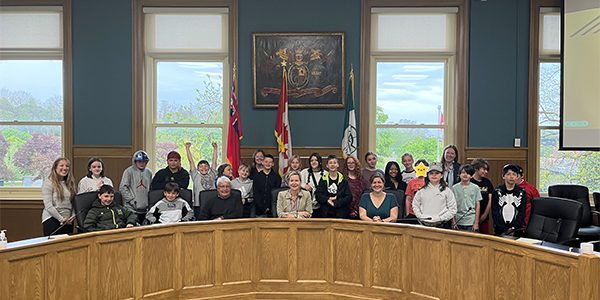

7) Do you have any recommendations for people wanting to make a difference in their community and/or school?
I would recommend going out into the community, talking to people and asking others what needs to be improved. Start the conversations and network.
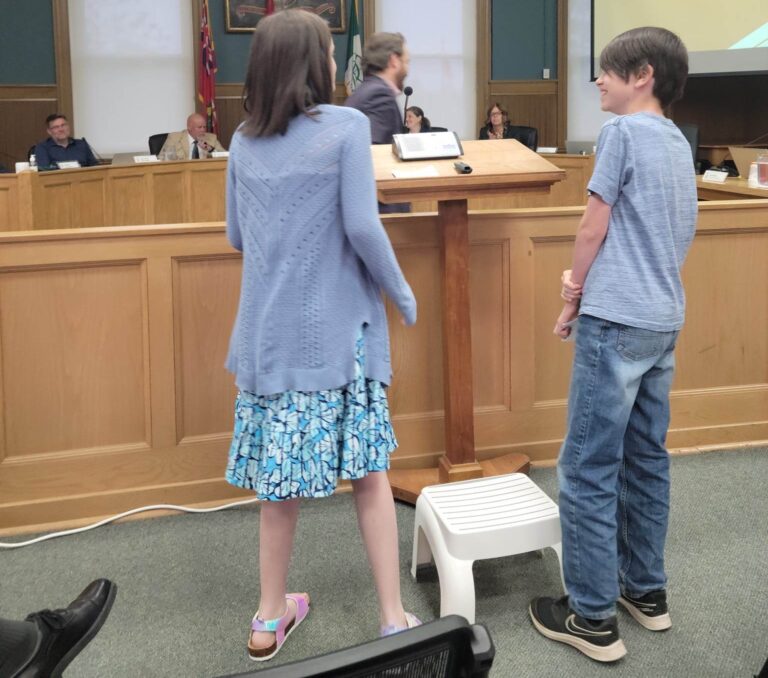

9) What does a world with more programs like Mind Your Plastic’s look like to you?
To me that would look like more community involvement, more awareness being spread, more people talking and working as a team to make an impact. A lot of people doing a little bit, leading to a huge impact.
